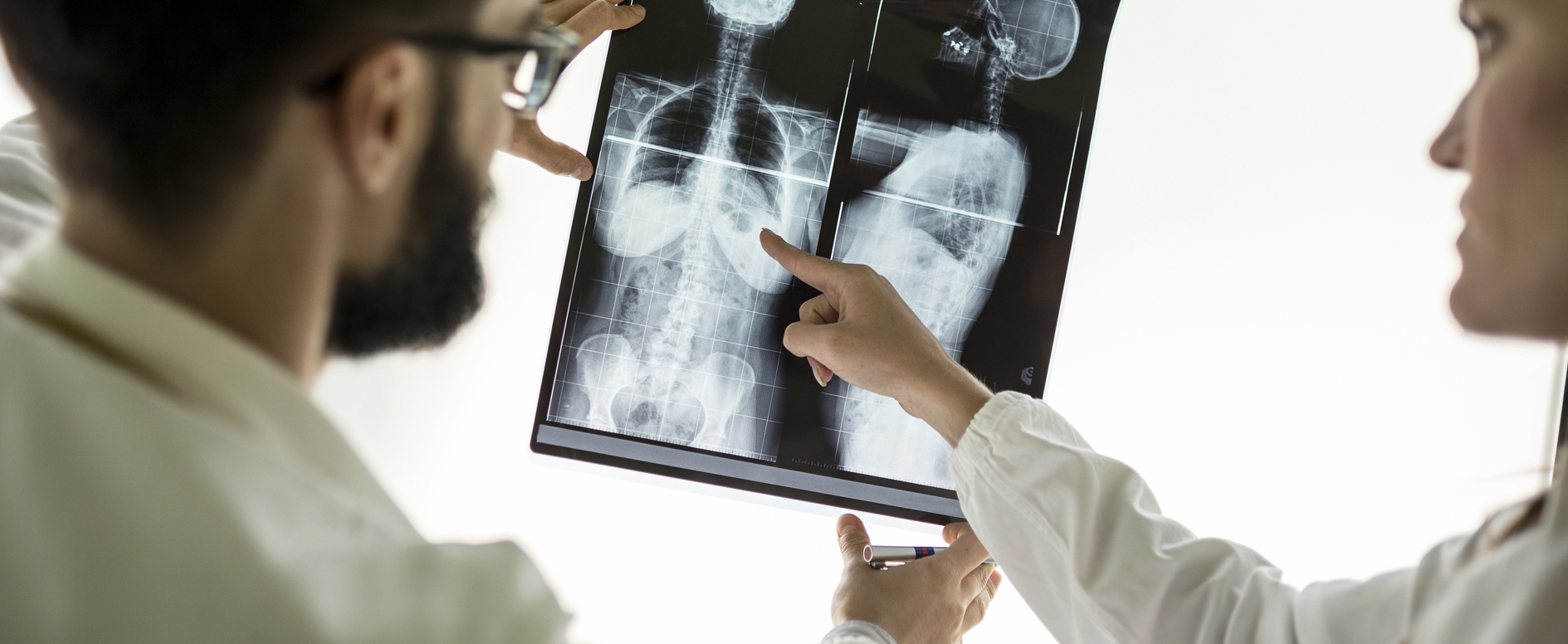
If you find out you have breast cancer, you should discuss your treatment options with your physician. Breast cancer treatment will vary depending on the stage and location of the cancer and will be individually tailored to your specific needs.
Breast cancer treatments options include:
Surgery has traditionally been the typical first step for treatment of localized breast cancer. However, some treatment practices have changed so that select cases start with chemotherapy to help shrink the tumor so that a less invasive surgery can be attempted. Surgery can often be followed by chemotherapy or radiation therapy to decrease the risk of cancer returning in the breast, chest wall and/or lymph nodes.
Some types of surgeries for breast cancer include:
Lumpectomy, or partial mastectomy, is the surgical removal of cancerous tissue along with a small rim of surrounding healthy breast tissue. This type of breast-conserving surgery is often followed by radiation therapy.
Mastectomy is the surgical removal of the entire breast. Sometimes, breast reconstruction can be performed after the mastectomy. In select cases, radiation therapy is recommended after mastectomy.
Depending on your risk factors, a lymph node biopsy may be performed. This will be discussed by your surgeon prior to surgery. A select number of lymph nodes near the breast may be removed during surgery to determine if they contain tumor cells. If one or more of the lymph nodes contain tumor cells, the removal of additional lymph nodes may be recommended.
Both mastectomy and breast-conserving therapy (lumpectomy/ partial mastectomy and radiation therapy) can be equally effective approaches in curing breast cancer. Ask your surgeon and radiation oncologist about the risks and benefits of both treatment options.
Radiation Therapy after surgery can decrease the chance of cancer returning in the breast and may improve survival. Radiation therapy involves delivering focused radiation beams to the breast or chest wall, and sometimes the lymph nodes, to treat cancer cells not detected or removed by surgery. Radiation therapy kills cancer cells by destroying their ability to grow and multiply.
Medical Therapy is typically recommended to improve cure rates or prevent a new breast cancer from developing. A medical oncologist will evaluate you and determine what medications may be most helpful in accomplishing those goals.
Chemotherapy has the ability to destroy cancer cells. Often, two or three different types of drugs may be combined to get the best outcome. While the dose and schedule for treatment varies, chemotherapy is usually delivered every two to three weeks over several months. When chemotherapy is given before surgery it is called neoadjuvant therapy.
Hormonal therapy can block the effects of the female hormone, estrogen, in the body. Estrogen has been shown to cause tumors to grow if the tumor cells have receptors for estrogen. Usually taken as a daily pill, hormonal therapy may be started during or after radiation therapy. While the dose of the pill may change depending on the type of pill prescribed, this pill is usually taken daily for several years.
Immunotherapy works by either stimulating your immune system to attack cancer cells or providing your immune system with what it needs, such as antibodies, to fight cancer. Immunotherapy can be given with chemotherapy and radiation therapy, and is often given over a course of many months.
Ask your medical oncologist what medications may be best for you.






